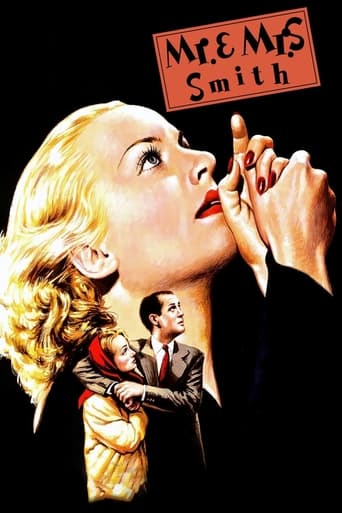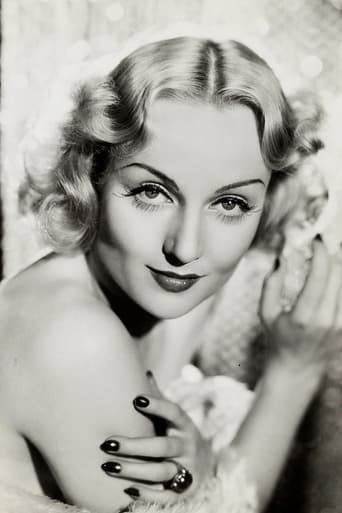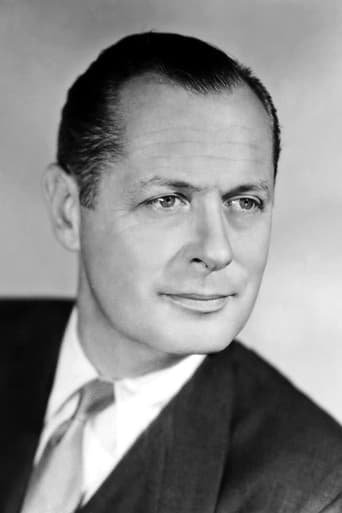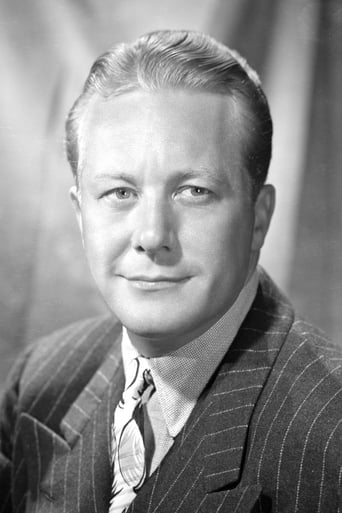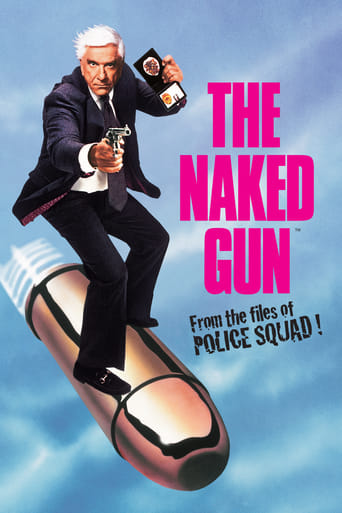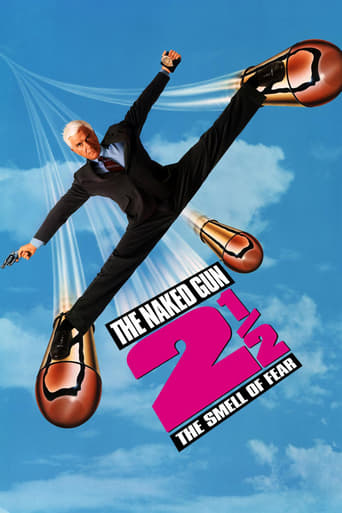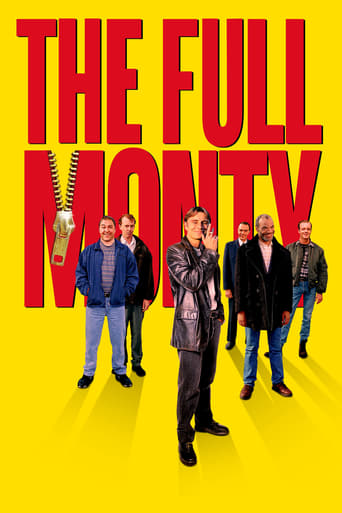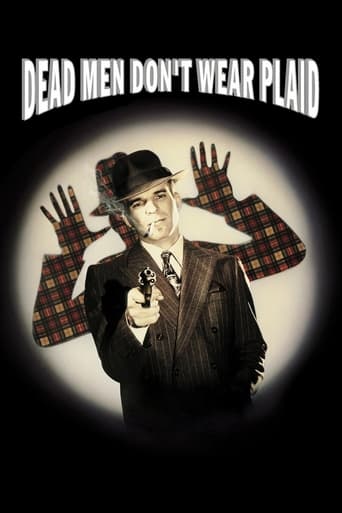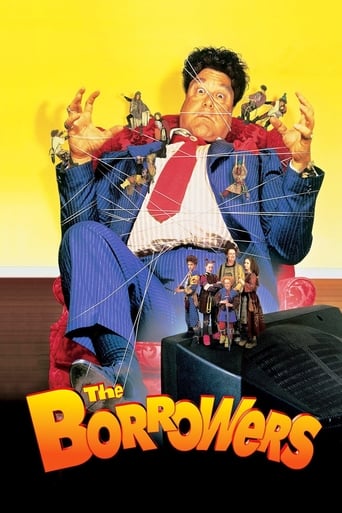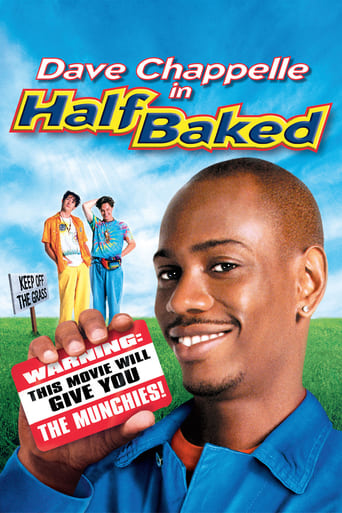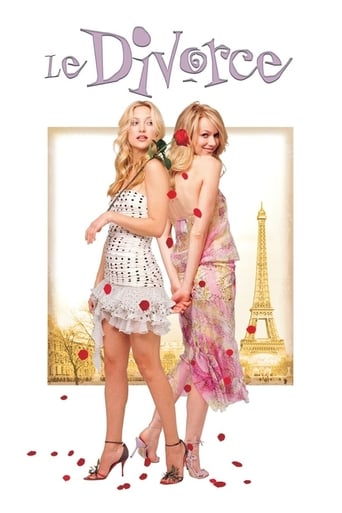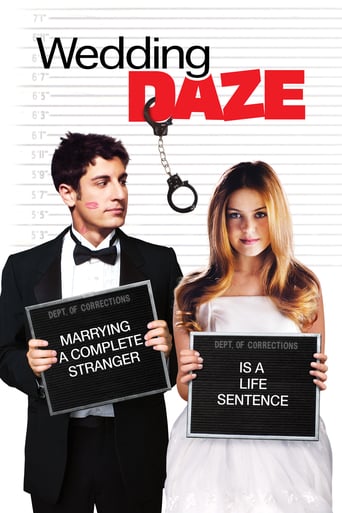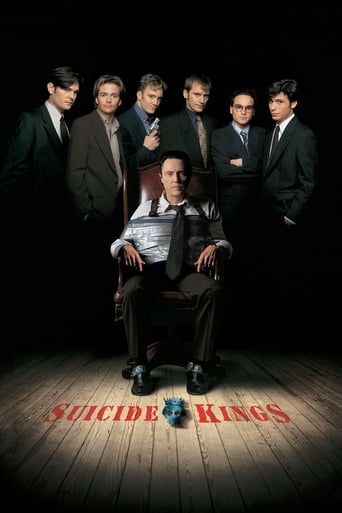Mr. & Mrs. Smith (1941)

Happily married for three years, Ann and David Smith live in New York. One morning Ann asks David if he had to do it over again, would he marry her? To her shock, he answers, "No". Later that day, they separately discover that, due to a legal complication, they are not legally married.
Watch Trailer
Cast


Similar titles
Reviews
The most surprising entry from the filmography of Alfred Hitchcock is his 1941 film, Mr. & Mrs. Smith. Hitchcock claimed he made the film as a favor to lead actress Carole Lombard; Mr. & Mrs. Smith is the only screwball comedy the famous suspense director ever made. Starring along with Carole Lombard is Robert Montgomery; the pair plays a married couple who find out that their marriage is unofficial, and instead of going through the legal paperwork to make their union legal, they question each other and their feelings. Out of his element, Hitchcock put forth a classic comedy that oddly still feels like a Hitchcock film, a true treat for the serious fan as they wade through Hitch's body of work. Elite New York couple Ann Smith (Carole Lombard) and David Smith (Robert Montgomery) have enjoyed an affectionate, loving, wedded bliss for three years. After individual visits from their lawyers, however, they learn that a municipal technicality prevented their union from being legally recognized. What should be a simple fix, turns into a possible breakup for the couple as they start to wonder how much in love with each other they truly are. The day the couple was told of the technicality, David commented over breakfast that if he were to start his life over, he would never marry. Despite his love for his wife, David feels as though an immense amount of sacrifice of himself has taken place due to his marriage to his wife. That comment has stuck with Ann as she decides what to do about her defunct marriage to her husband. Ann decides that a separation is in order and she begins to live the life of a single woman, even re-adopting her maiden name. As Ann enjoys her new life and freedoms, David sets his sights to stop at nothing to win back the devotion of his wife. Winning back Ann's hand becomes much more difficult as she begins dating other men. As David becomes increasingly more disgruntled with life without his wife, he begins to realize that maybe he wouldn't remove his wife from his life if he had the chance to do it again.As a fan of classic cinema, I was both surprised and embarrassed to realize that this was the first film I had seen of classic star Carole Lombard. I was happy to change that status and finally see her of a film; I found Lombard's acting exceptional and engaging, and cannot wait to see more of her work. This film is a lot of fun with the slight nods to silent cinema it seems to employ. The ways in which Mr. & Mrs. Smith plays out like a silent film, prove to be a perfect match to the plot of men's and women's relationships of the 1940's. As Lombard gains independence, she enjoys life without her husband more, therefore illustrating the liberation of women in the 40's. Although Mr. & Mrs. Smith has a very Howard Hawks feel to it, it is also clear that there are many aspects recognizable as Hitchcock touches. For instance, this journey through Alfred Hitchcock's filmography, I have grown quite fond of the way in which the auteur films faces. That same unique way faces are filmed are present in this film and are fun to watch. Sure, the film is a comedy, therefore Hitchcock touches are few and far between, but the film doesn't feel foreign to fans of Hitchcock and one can see his touches in it throughout the film. Fans of Hitchcock must see this film, if for no other reason, just to see the famous suspense director trying his hand at comedy; although, if given a chance, one won't be disappointed with a Carole Lombard film, either.
Mr. and Mrs. Smith (1941): Dir: Alfred Hitchcock / Cast: Robert Montgomery, Carole Lombard, Gene Raymond, Jack Carson, Philip Merivale: Director Alfred Hitchcock tackles marriage issues in this romantic comedy break from his usual thrillers. Robert Montgomery and Carole Lombard play Mr. and Mrs. Smith who learn that their three year marriage is not valid. This news reaches them in the aftermath of an argument. She await for him to re-marry her but soon he is kicked out of the apartment and they play juvenile mind games throughout that arrive at a rather bleak conclusion. As Mr. Smith Robert Montgomery realizes his mistakes and attempts to win her back. As Mrs. Smith Carole Lombard uses counter tactics to get a jealousy reaction. In comical supporting roles is Gene Raymond as Mr. Smith's law partner who offers to talk to Mrs. Smith but ends up representing her and even dating her. There is another colleague whom he confides in while in a steam room, which leads to a very awkward double date. Not typical Hitchcock especially after the acclaim Rebecca the previous year but it does contain the director's signature humour. Theme regards the conflicts of marriage and the process of healing that is required. The results are not as funny as advertizements seem to indicate but it does present the possibility of solution when the bickering ceases. Score: 8 / 10
This screwball comedy has a naughty little premise behind it. A man discovers he isn't legally married and decides not to tell his wife. He'd rather be with her as if she were his mistress and have sex without the benefit of marriage. He finds the idea to be thrilling and exciting. Why he does isn't addressed. Perhaps the idea of defying society's conventions, or maybe the idea of gaining more power over his wife; a man can easily dump a mistress at any time; a wife, there's a long, messy divorce to deal with. Also, there's the sexual element behind it too; presumably sex with a mistress is more thrilling than sex with a wife.The wife finds out and dumps the husband for trying to turn her into that kind of woman. She dates his law partner, a true Southern gentleman who's entirely prim and proper and would never think of touching a woman before marriage. In the end, the wife finds their relationship unfulfilling, especially when he does not resort to violence to protect her honor. She dumps him and turns back to her hubby, a "real man." It's interesting that the movie ends with the husband getting exactly what he wants, sex with his wife before marriage. In effect, despite his wife's long protest, he wins; he now takes her as his mistress. This is a sex comedy where the man entirely gets his way; his sex dream is realized.Questions this film asks: does one really have to wait for marriage to have sex? Is it better to have a wife or a mistress? The film also offers insight into the different social standards of the higher and lower class, especially in the scene at the upscale nightclub where Montgomery is embarrassed to be with low-brow Jack Carson and the two low-brow dames Carson brings with him.Overall, the cast is good, though the three principles all show signs of premature aging. It's interesting to watch movies of the early 40s and see what's become of stars from the late 20s and early 30s. Some are still stars, like Montgomery and Lombard. Others are fading to character status like Gene Raymond. He's almost unrecognizable in dyed black hair as the type of character Ralph Bellamy plays so well in films like "The Awful Truth" and "His Girl Friday"; it's a far cry from Raymond's leading man days of the early 1930s. Saddest of all is to see what happened to another leading lady of the late 20s, Betty Compson. A star from the great 1928 film "The Docks of New York," she's truly unrecognizable here as the beat-up, low-class hag Gertie.Norman Krasna's script is serviceable, with a number of truly funny lines and scenes, mostly avoiding the sort of cliché-riddled, unfunny, idiotic cuteness that makes the 1943 film "Princess O'Rourke" so intolerable, a film for which Krasna inexplicably won the Academy Award for best screenplay. The first half of the film is the best half, before the focus shifts to Lombard and the boring Raymond. Hitchcock is serviceable too, though anyone could have directed this film. Obviously, Hitch didn't have the gift of an Ernst Lubitsch when it came to sex comedies. Neither did anyone else, and at least Hitch here makes no pretense as to having the "Lubitsch touch," unlike Billy Wilder, who failed numerous times in trying to recreate it, in movies like "Sabrina"(1954). "Mr. and Mrs. Smith" does deal with some domestic themes that Hitch is particularly fond of though, namely the battle of the sexes and the husband getting his way in the end.
There are very few Hitchcock films that I have not seen, and until this afternoon "Mr. and Mrs. Smith" was one of them. I'd put off watching it for a couple of reasons: a) On general principles I want to delay the day when there'll be no new Hitchcock film out there with potential to surprise and delight me; and b) Having read about this one I thought I probably wouldn't be particularly impressed. I was right about b).It wasn't a bad movie exactly. My problem with it was that I expect Hitchcock films to be at least a cut above ordinary, and this one didn't make the grade. It was a romantic comedy reminiscent of "The Awful Truth," but lacking that movie's wit and charm. Sure, I half-heartedly chuckled a few times, but only at incidental jokes, never at the main premise, which I found tiresome.Robert Montgomery and Carole Lombard were still battling and making up after three years of marriage when they discovered their marriage license was invalid. As they struggled with the question of whether to make their marriage official or go their separate ways, I just sat there wishing they'd get on with the story. The ending was a foregone conclusion and the semi-amusing journey to it began to seem interminable after a while.As we watched, my companion suggested the ending might involve the revelation that the whole thing had been a misunderstanding and they had been legally married all along. I think her idea might have actually have made the conclusion marginally more interesting. She also noticed a scar on Lombard's cheek, which I had no idea existed. I went Googling and sure enough, the scar was the result of an auto accident when Lombard was 19. For me, that discovery was the most interesting part of the viewing experience."Mr. and Mrs. Smith" is a minor Hitchcock in which the touch of the master is little in evidence. This one could have been churned out by any decent director.

